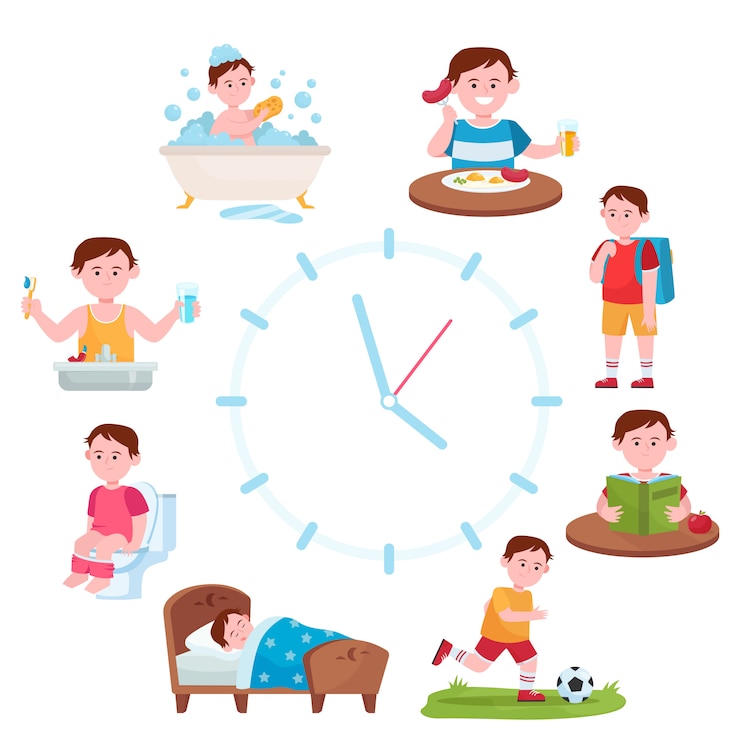
In the world of parenting, there’s a significant issue that often goes ignored, and I’m no longer willing to let it pass unaddressed.
**Contents**
Every day, this misconception leaves many well-meaning parents and their kids feeling frustrated, defeated, and hopeless. Ironically, it’s usually the parents who try the hardest who struggle the most with achieving their parenting goals, finding themselves seeking guidance.
These parents come to my therapy office after trying everything to reduce backtalk, arguing, and negativity at home. They’ve learned the value of consistency and enforce time-outs with their spirited toddlers. They understand the importance of connection, taking time to play and listen to their children. They’ve delved into the world of consequences, meticulously planning reward systems and appropriate repercussions for misbehavior.
Desperate for some semblance of peace and cooperation, some have even resorted to outdated methods, like spanking or asserting dominance, despite knowing it doesn’t align with their values or yield positive results.
Our default disciplinary approaches are often based on misconceptions about what it means to be a good parent—believing fear and control are necessary to teach respect—and misunderstandings about children who don’t conform to these expectations. We were misled to believe children who resist are inherently bad and that those who push back are disrespectful or defiant. This black-and-white mindset leaves us thinking that such behavior needs fixing.
Some children naturally adapt to behavioral expectations, conforming to adult-imposed standards with a few stern words or a show of authority. Fear can be a quick, albeit unhealthy, way to shape behavior. However, not all children are wired for easy compliance. About 15% of parents discover their children are naturally inclined to speak up and stand firm.
These parents often fall into a perilous cycle, striving for an unrealistic standard of a ‘good child’ through threats and punishment, which goes against what research shows about child development. Here’s how it usually plays out:
1. The strong-willed child stands their ground, ready for a confrontation.
2. The parent responds with increased firmness, feeling the need to assert control.
3. Both sides dig in, resulting in a power struggle filled with shouting, threats, and household turmoil.
Families can start viewing these battles as a necessary part of everyday life, but this power struggle often leads to both sides losing. Temporary gains in compliance come at the cost of:
– Losing your child’s trust as criticism and negativity erode their perception of safety.
– Diminishing your child’s confidence, making them feel something is inherently wrong with their true selves.
– Missing opportunities to teach vital life lessons, as children learn best when they feel heard and validated.
– Losing your child’s respect, since they observe if we model respect and kindness ourselves.
– Closing off your child’s emotional openness and vulnerability when their genuine self goes unaccepted.
The most devastating loss is the erosion of your precious parent-child relationship. As a parent, I’ve struggled through this too—repeatedly trying the same ineffective methods with my spirited child, only to harm our bond and miss real teaching moments.
Why isn’t it widely known that 15% of children are born strong-willed and that this trait has significant value? Why don’t schools and healthcare systems embrace research-backed strategies now that we understand more about how children’s brains work and learn?
Many parents are misled to believe in the false notion that one parenting style fits all. When your child’s very nature is wrongly labeled as ‘bad,’ it hinders your ability to effectively teach cooperation and respect. But you can’t achieve this under those misconceptions—not in a healthy or effective way.
Through 15 years as a child therapist and 10 years of raising spirited children, I’ve learned every child is special and has a purpose. Parenting is a unique journey that demands more than a one-size-fits-all approach.
There’s a different path with your spirited child, full of connection and joy, that begins with acceptance. Embrace your child’s traits in the moment. See the strength in their strong-willed nature. Let go of strategies that don’t suit your unique child. Choose connection over control. Embrace new, respectful ways of teaching and discipline based on science.
Want to explore a healthier path with your strong-willed child? Click here to download a 7-page guide with my 3-step framework for building cooperation and connection with your child.
Explore other helpful articles:
– 75 Effective Calm-Down Strategies for Kids
– Understanding Strong-Willed Child Traits and How to Navigate Them
– Parenting an Angry Child? Top 10 Reasons to Consider
– Nurturing Emotionally Intelligent Kids for a Lifetime of Success
– Helping Your Child Manage Anger Now and in the Future
Remember, it’s not about ‘bad parenting’—you’re raising a strong-willed child.



